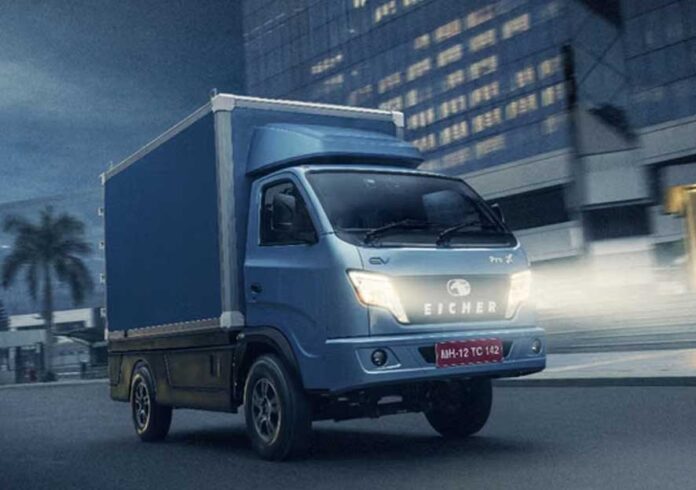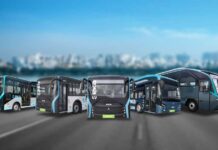
The joint venture between Volvo Group and Eicher Motors Limited is broadening its electric vehicle lineup with new offerings such as the Eicher Pro X Small Truck, Eicher 2055 EV, and the Eicher Skyline Pro Electric bus. The Skyline Pro Electric buses are already in service across multiple cities, providing school, staff, and airport transportation.
VECV currently meets 42% of its total energy needs through renewable sources, supported by a 75 MW captive solar capacity. The company aims to increase this to 70% by fiscal year 2027.
The Bhopal manufacturing plant features cutting-edge Industry 4.0 technologies, including AI-powered energy monitoring and an all-women assembly line. Environmentally conscious design elements include a 52-million-liter rainwater harvesting system that can sustain operations for up to four months. VECV is committed to achieving water-positive status by 2030.
VECV is advancing electric vehicle adoption in India through partnerships with charging point operators, providing customers nationwide access to charging infrastructure. Their ecosystem-focused strategy integrates vehicle manufacturing, charging, and connected services. Beyond EVs, VECV is developing alternative fuel technologies including CNG, LNG, hydrogen combustion engines, and fuel cells, having been an early adopter of BS-VI compliant vehicles.
Operating since 2008, VECV is a multi-brand company managing Eicher trucks and buses, Volvo buses, truck distribution, engine manufacturing, and components. Their electric mobility strategy aligns with India’s net-zero emission goals through innovation, sustainable manufacturing, renewable energy, and collaborations. This announcement coincides with India’s growing push for electric mobility supported by government policies.







